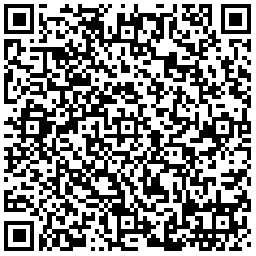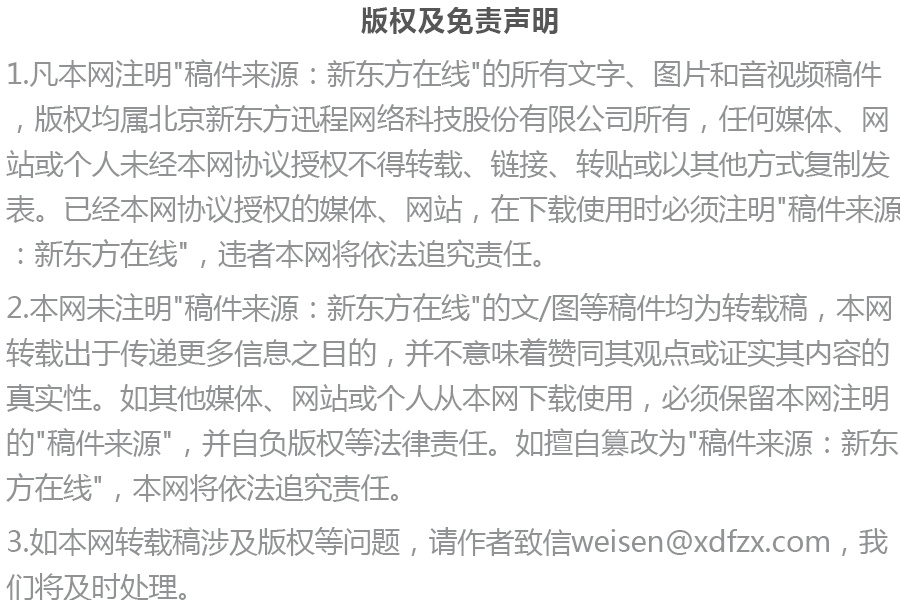2020.05.21 17:59
- [免费领取] 新东方初中期中重难点突破班
- [9.9元课程] 初中语数英物化五科特训班
- 【免费领取】 初中新学期必备学习资料
besides/ but/ except/ beside/ except for
Ⅰ.besides “除了……还有”指的是“已有……另加上”而except 和but “除了……之外没有……”,正好相反。如:
① I don’t care for anything besides this.除此之外,我别无所爱。
② What have you done this morning, besides reading the paper and watching TV? 除了看报和看电视之外,你今天上午还做了些什么。
Ⅱ.beside prep. “在……旁边”意思如其它的大不相同。如:
① They are used to taking a walk on the path beside the the river.他们习惯于在河边的小路上散步。
Ⅲ. but 作介词用时:“除……之外没有……”与except同意。但它着重在整体,且常用在no, all, nobody, anything, everything, everybody, everywhere 以及who, whose等词之后。后常接“名词、代词或不定式,接不定式时,如果其前含有实义动词 do (除作助动词用外)的各种形式,则用动词原形(省略“to”)。如:
① He does nothing but laugh. 他只是大笑而已。(前有does,故用动词原形laugh.)
② Nobody was late but you. 除你之外,没有人迟到。
Ⅳ.except 语气比but强且明显。着重在除去的部分。如:
① I like all the fruits except pears. 除了梨外,我喜欢所有的水果。
② The dress is quite nice except for the color. 除了颜色外,这件衣服很漂亮。
Ⅴ.except for “除了……以外”其中for 表示理由或细节,对句子含义起修饰作用。有时可与except 互换。如:
① Betty worked out all the problems except for / except the last one. 除了最后一个问题外,其它的问题贝蒂都解决了。
② Except for Sunday, all of us go to school every day. 除了周日外,我们每天都上学。(此处不用except).
Ⅵ.except that 用作连词 “除……之外”后接从句。
① The Swede stood still except that his lips moved slightly.那瑞典人除了嘴微动外,站着一丝不动。
② I know nothing about him except that he lives downstairs.除了他住在楼下这一点外,关于别的我一无所知。
Ⅶ.but for “若不是……”,“ 倘若……”常和虚拟语气搭配,其后常跟名词或相当于名词的词。跟代词常用其宾格。
① But for you, I should have been late for school. 倘若不是你,我上学就迟到了。
Ⅷ.but that “要不是”后接从句。如:
But that I saw the elephant, I couldn’t have believed it.要不是亲眼看见大象,我真不能相信。

扫码预约一对一精华课
资深教师+1对1定制教学



